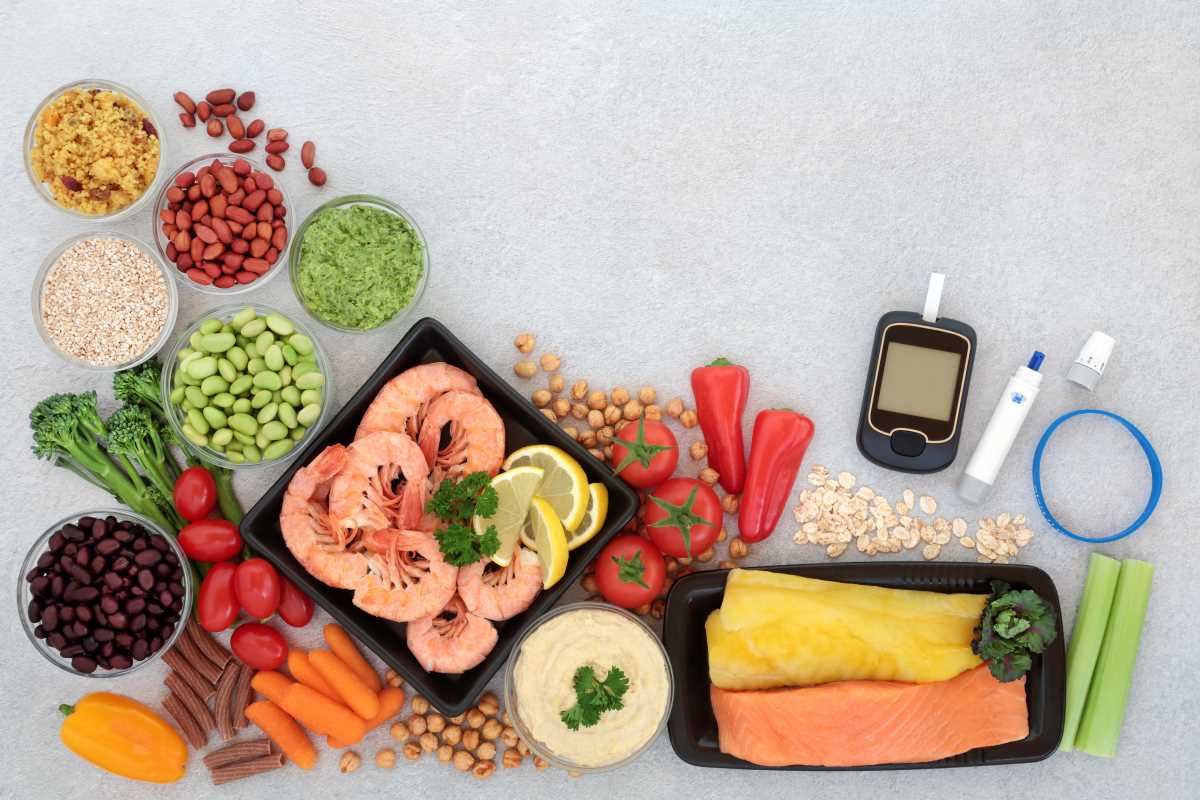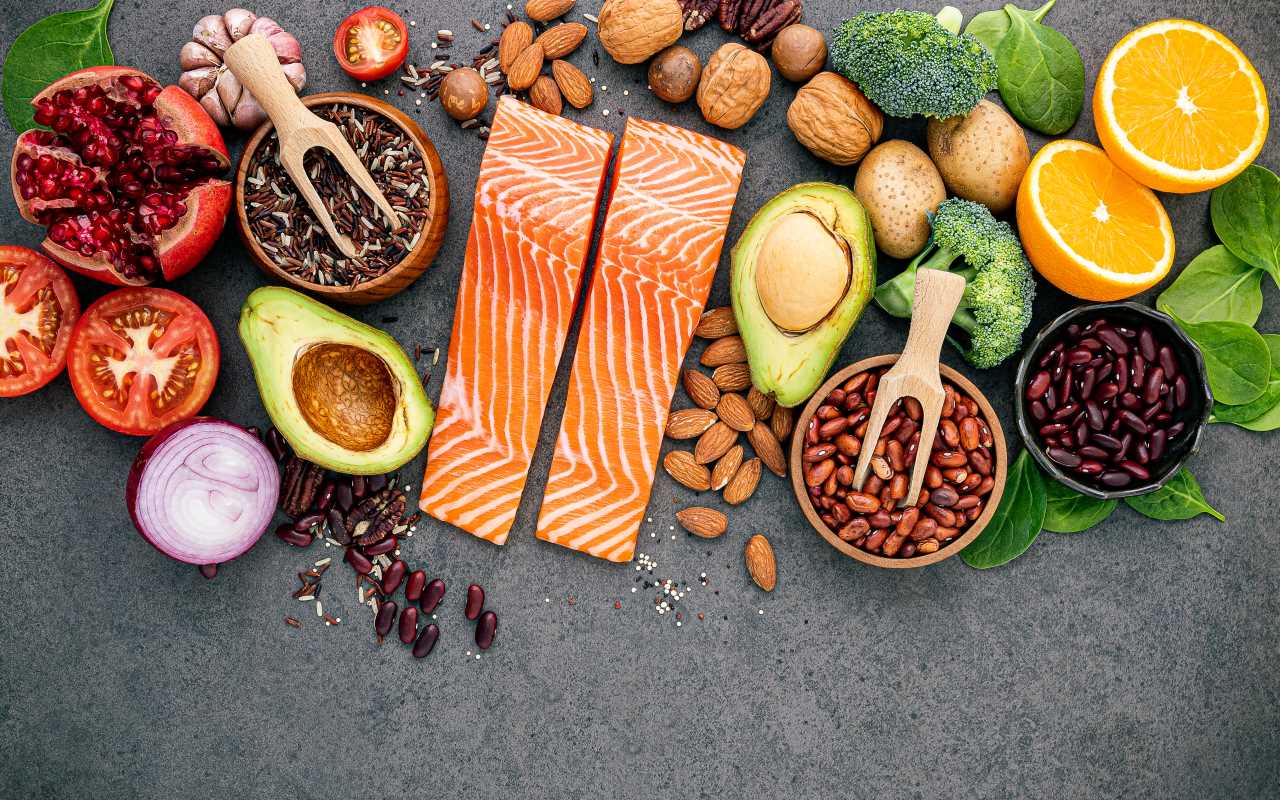When life feels like it’s throwing more curveballs than you can handle, food might not seem like the first place to turn. But here's the thing—not every mood boost has to come from a walk, a playlist, or a good chat with a friend. Sometimes, what you need is already sitting on your plate. And no, we’re not talking about the usual “eat dark chocolate for happiness” advice. We’re going off-menu to explore some surprising foods with legit mood-boosting powers.
If you’re ready to stock your fridge with foods that are as good for your mental health as they are for your taste buds, read on.
The Science of Food and Mood
Before we reveal the unexpected stars of the show, here’s the scoop on how food affects your mood. Your brain and gut are basically besties, connected by the vagus nerve and a whole community of trillions of bacteria. This gut-brain connection means the food you eat directly influences how you feel. Too little of key nutrients can throw off this harmony, impacting everything from stress levels to serotonin production (your brain’s “happy chemical”).
Now that you’re caught up, let’s dig in.
1. Fermented Foods (Yes, That Includes Pickles)
Ever wonder why kombucha has a cult following or why you can’t quit kimchi? Fermented foods are rich in probiotics, those friendly bacteria that keep your gut healthy and happy. Since much of your body’s serotonin is produced in the gut, keeping your digestive system in top shape is key to boosting your mood.
- How to Incorporate: Add a dollop of sauerkraut to sandwiches or salads.
- Snack on pickles (the naturally fermented kind, not the vinegar-preserved ones).
- Swap soda for kombucha if you’re feeling fancy.
- The Science Bit: A study in the journal Psychiatry Research found a link between fermented food consumption and reduced social anxiety in young adults. Turns out, probiotics don’t just help digestion; they contribute to a more stable mental state.
2. Bananas (for a Boost of Vitamin B6)
Bananas might not seem like a wildcard, but they earn their spot for one very specific reason. They’re packed with vitamin B6, essential for serotonin production. Plus, they contain natural sugars and carbs that give your brain a quick energy boost, minus the crash.
- How to Incorporate: Freeze slices for smoothie-making convenience.
- Slap some nut butter on a banana for a filling snack.
- Mash over your morning oatmeal and sprinkle with cinnamon.
- The Science Bit: B6 deficiency is often linked to symptoms of irritability, depression, and confusion. According to a review published in Nutrients, consuming B6-rich foods may improve brain function and regulate mood.
3. Pumpkin Seeds (Tiny but Mighty)
Don’t underestimate these small-but-mighty seeds. Pumpkin seeds are a top source of magnesium, a mineral that plays a huge role in calming the nervous system. Magnesium helps to regulate cortisol (your stress hormone) and encourages relaxation.
- How to Incorporate: Sprinkle them on yogurt, salad, or soup for crunch.
- Add them to homemade trail mix. Grab a handful when you need an afternoon snack.
- The Science Bit: A 2017 review in Nutritional Neuroscience suggests that magnesium deficiencies are often associated with an increase in symptoms of anxiety and depression. Pumpkin seeds pack around 37% of your daily magnesium needs in just one ounce.
4. Seaweed (Not Just for Sushi Rolls)
Fun fact: Your thyroid plays a big role in mood regulation, and iodine is essential for a healthy thyroid. Where can you find a gold mine of iodine? Seaweed. This ocean-grown superfood takes care of both your taste buds and your vibe.
- How to Incorporate: Use nori sheets as a snack or wrap.
- Add wakame to miso soup or salads. Sprinkle dried seaweed flakes over rice, eggs, or popcorn.
- The Science Bit: Low levels of iodine can lead to fatigue and depression through thyroid dysfunction. A study published in Thyroid Research emphasizes the importance of iodine for mental well-being, with foods like seaweed being a natural top source.
5. Eggs (for Choline Dynamo)
Eggs aren’t just a breakfast hero; they’re also a mood-boosting powerhouse. Thanks to their high levels of choline (found in the yolk), eggs play a crucial role in brain health. Choline is essential for producing acetylcholine, a neurotransmitter that affects memory, mood, and muscle control.
- How to Incorporate: Whip up an omelette loaded with veggies for a balanced meal.
- Hard-boil eggs for portable snacks. Use eggs as the base for shakshuka (because brunch is always a good idea).
- The Science Bit: According to research from Frontiers in Psychiatry, higher dietary choline intake is linked to lower levels of anxiety. Additionally, eggs are one of the few natural sources of vitamin D, another mood regulator.
6. Turmeric (Golden Spice, Golden Mood)
This bold, golden spice is more than Instagram-worthy lattes. Curcumin, the active compound in turmeric, has anti-inflammatory properties that may help reduce symptoms of depression by lowering brain inflammation.
- How to Incorporate: Add turmeric to soups, curries, or scrambled eggs.
- Blend into a smoothie with coconut milk and a dash of black pepper (which boosts absorption). Brew turmeric tea with honey and ginger for a cozy, calming drink.
- The Science Bit: A randomized controlled trial in Journal of Affective Disorders found that curcumin supplementation reduced depressive symptoms in adults. A little turmeric goes a long way, so start small.
7. Dark Leafy Greens (Yes, Spinach Counts)
No surprise here, right? Dark leafy greens like spinach, kale, and Swiss chard are rich in folate, a B vitamin linked to lower rates of depression. But there’s more. These greens are also high in magnesium, connecting them back to stress-reduction superpowers too.
- How to Incorporate: Sauté spinach with garlic and olive oil for a quick side. Toss kale into your favorite smoothie (trust me, you won’t taste it). Use chard as a wrap instead of tortillas.
- The Science Bit: Data from a meta-analysis published in Journal of Psychiatric Research showed folate supplementation improves mood in individuals with depression. Adding more folate-rich greens to your diet can help ensure you’re not missing out.
8. Beets (Nature’s Candy with Nitrates)
Beets might not be everyone’s go-to veggie, but hear me out. Their natural nitrates can improve blood flow to the brain, enhancing focus and cognitive function. Plus, they contain betaine, a compound that helps support the production of serotonin.
- How to Incorporate: Roast beets and toss them into salads with goat cheese. Blend into hummus for a vibrant dip. Grate raw beets into slaw or wraps for a fresh, crunchy twist.
- The Science Bit: Improved blood flow to the brain has been linked to heightened mental clarity and mood stability, as found in studies like those published in Nutrients. Beets don’t just look good; they make you feel good, too.
Final Thought on Food and Mood
The connection between food and mood is fascinating and powerful. These unexpected foods don’t just keep your body healthy; they actively support your brain and emotions, too. The best part? Most of them are easy to stock up on, affordable, and versatile.
Next time you're grocery shopping, throw some of these into your cart and see how much brighter your day gets. Your taste buds (and your brain) will thank you.
 (Image via
(Image via





